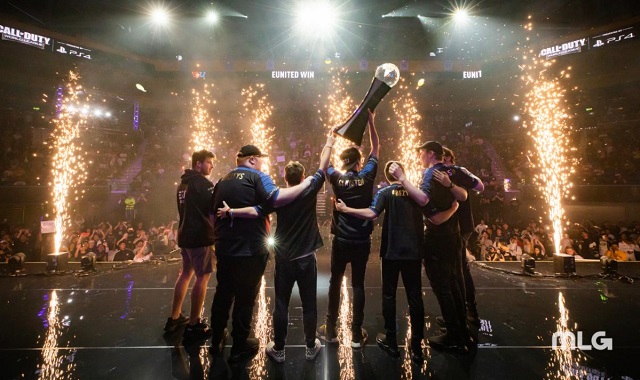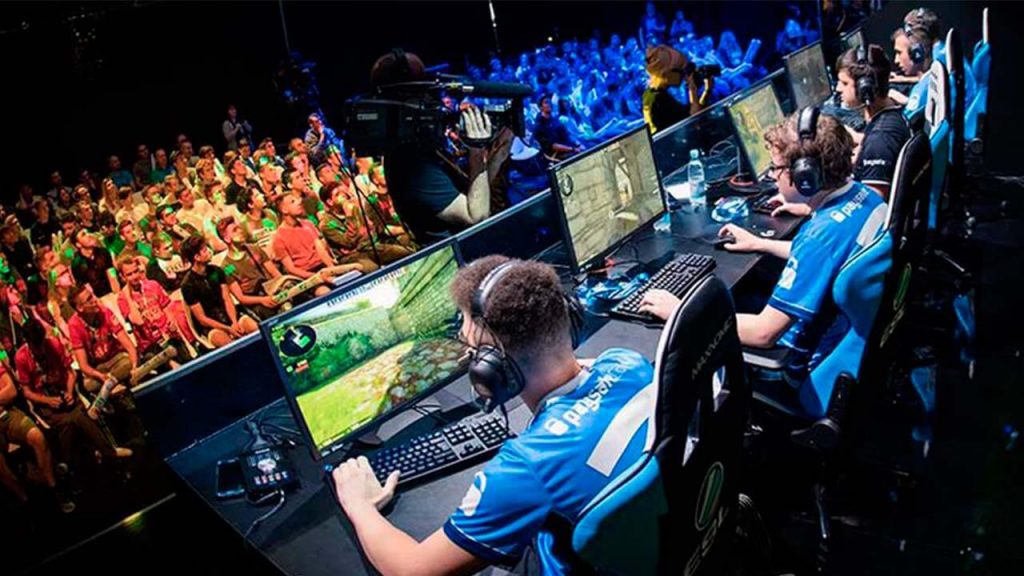
The world of sports has undergone a significant transformation in recent years, with the rise of esports challenging the traditional landscape. Esports, or competitive video gaming, has emerged as a global phenomenon, captivating millions of viewers and generating substantial revenue. Its popularity has prompted a closer examination of the impact it has on traditional sports, raising questions about potential competition, collaboration, and the evolving concept of sport itself.
Increased Acceptance of Esports as a Legitimate Form of Competition

One of the most notable impacts of esports has been the growing recognition of video gaming as a legitimate form of competition. While there was once a stigma associated with gaming, esports has helped to break down these stereotypes and elevate gaming to the same level as traditional sports. This shift in perception is evident in the increasing mainstream attention esports receives, with major media outlets covering tournaments and professional gamers gaining recognition as athletes.
Bridging the Gap Between Traditional and Esports Fans
Despite the differences between esports and traditional sports, there is a growing crossover between these two fan bases. Many traditional sports fans have discovered the thrill of esports competition, while esports enthusiasts are increasingly tuning in to traditional sporting events. This convergence has led to new opportunities for collaboration between the two worlds, with traditional sports organizations investing in esports teams and incorporating esports elements into their marketing strategies.

Rod Breslau, a prominent esports journalist and analyst also known as “slasher”, believes that esports is “disrupting traditional sports in a positive way.” He argues that esports is bringing new fans and revenue to the sports industry, while also forcing traditional sports organizations to innovate and adapt to the changing landscape.
Esports commentator Paul “Redeye” Chaloner shares Breslau’s sentiment, stating that esports is “creating a new dimension to the sports industry.” He emphasizes the potential of esports to attract younger audiences and provide new opportunities for engagement and interaction.
The Rise of Virtual Sports and Simulated Experiences
The popularity of esports has also fueled the development of virtual sports, which simulate real-world sports through video games. These virtual sports offer fans a unique and immersive experience, allowing them to participate in their favorite sports without the physical exertion. Virtual sports have also opened up new avenues for broadcasting and sponsorship, attracting a wider audience and generating additional revenue streams.
Esports as a Tool for Engagement and Youth Development
Esports has demonstrated its potential as a powerful tool for engaging young audiences and promoting positive values such as teamwork, strategy, and sportsmanship. Esports competitions have become a popular form of extracurricular activity, providing students with opportunities to develop their skills, connect with peers, and explore potential career paths in the esports industry.

Nicole Thompson, a senior analyst at Nielsen Esports, highlights the growing economic impact of esports, noting that it is “a multi-billion dollar industry that is continuing to grow rapidly.” She believes that esports is “having a significant impact on traditional sports, both in terms of revenue and fan engagement.”



